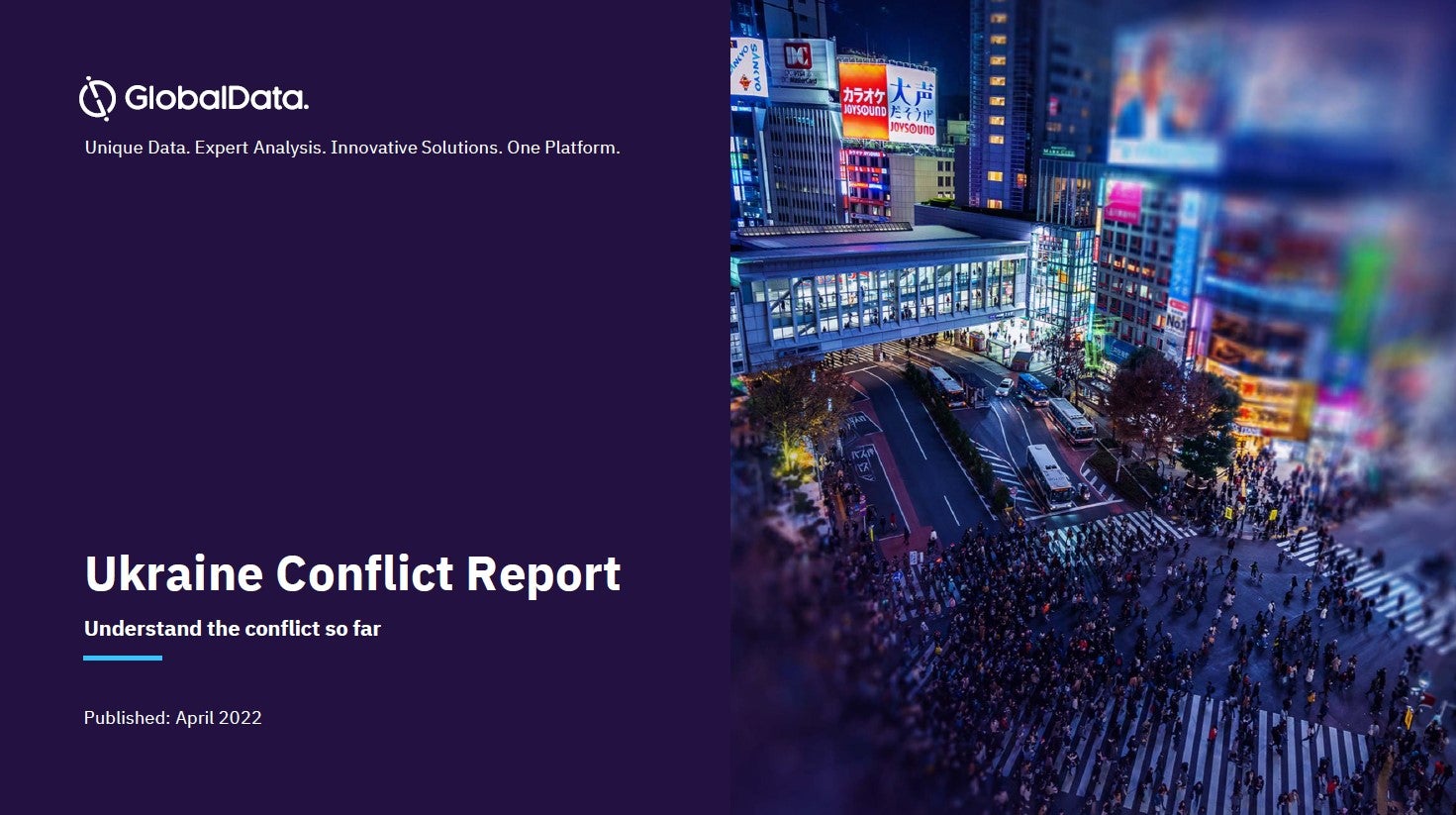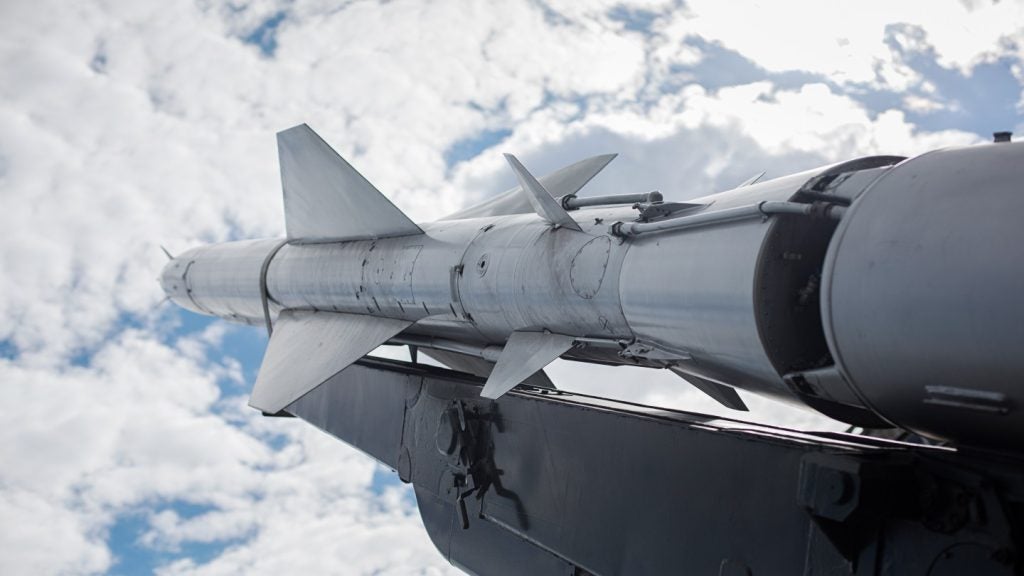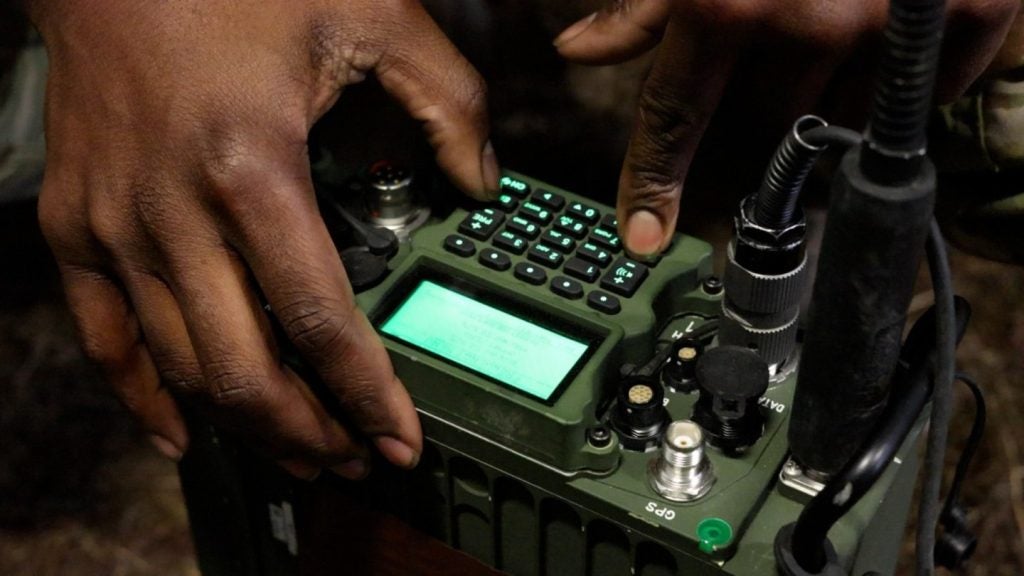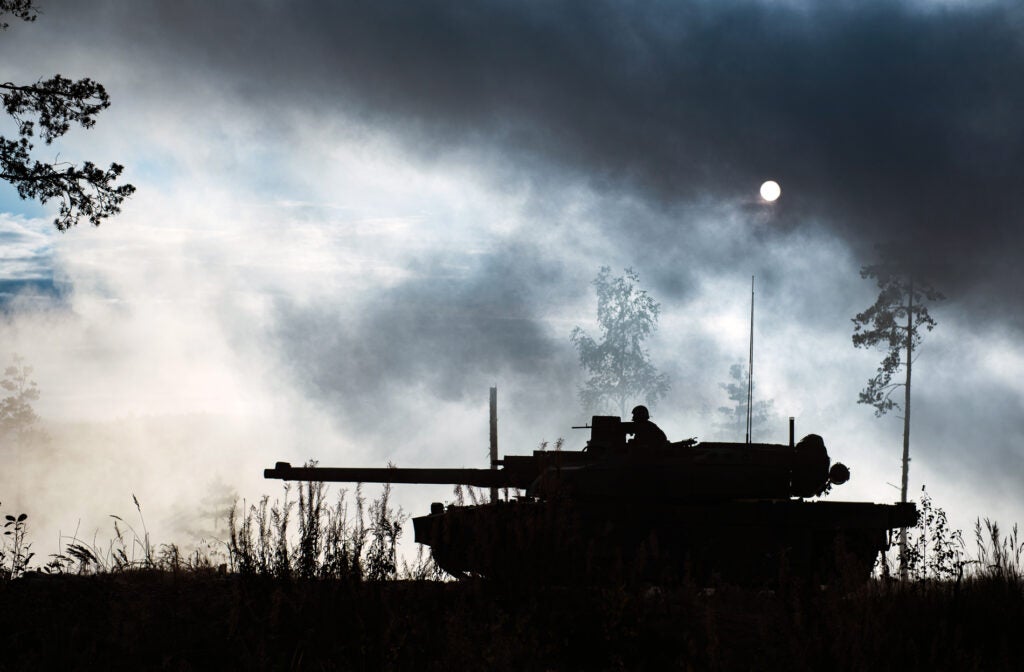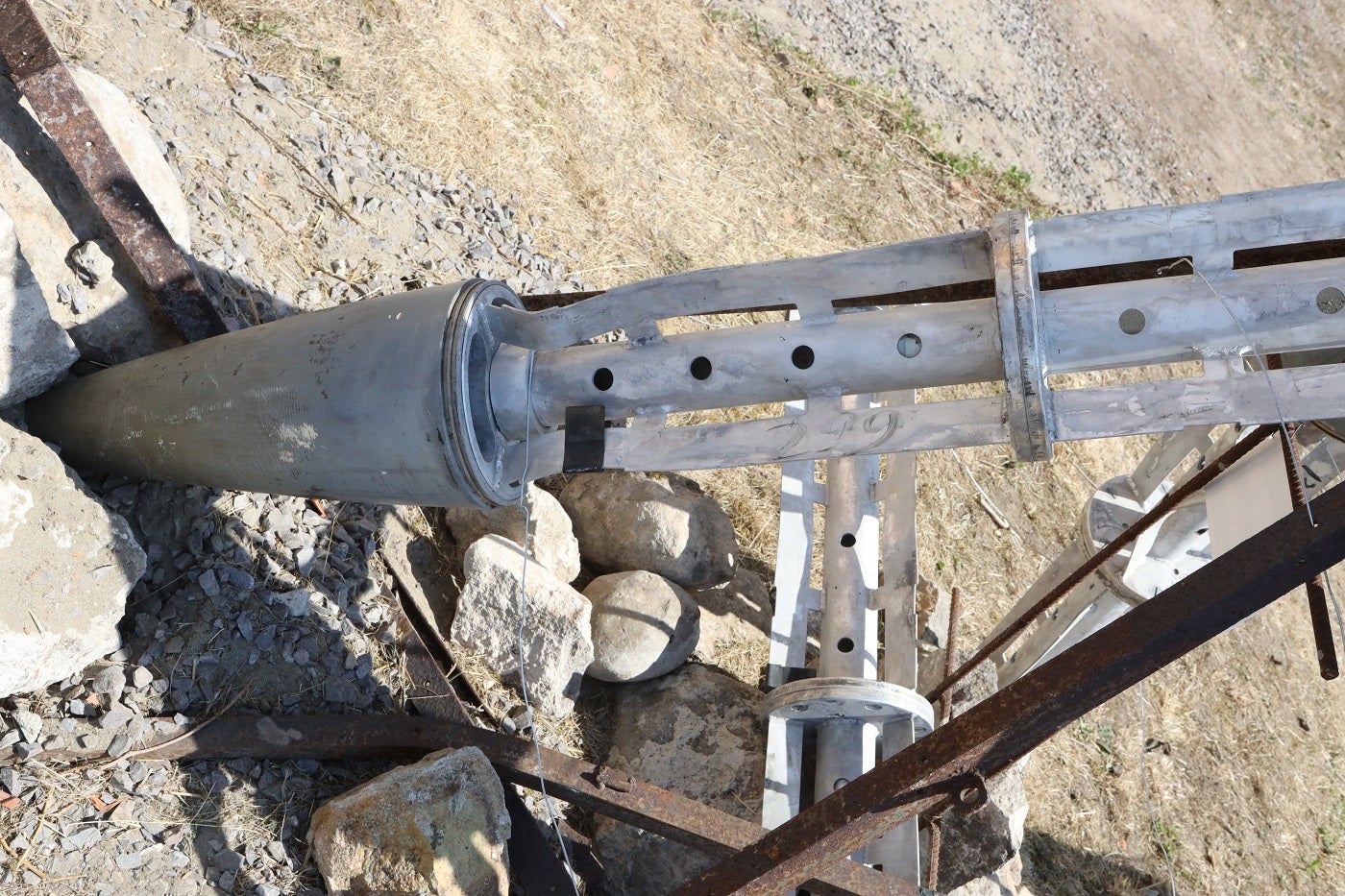
As President Biden visits the UK before the NATO Summit, the controversy surrounding the US’s decision to provide cluster bombs to Ukraine takes centre stage.
The summit anticipates discussions on this contentious issue and explores other critical matters, such as NATO’s role in collective defence and support for Ukraine’s security.
As leaders gather for the 2023 NATO Summit in Vilnius, the capital of Lithuania, expectations run high for further developments on the controversy surrounding the provision of cluster munitions to Ukraine. President Biden’s visit to the UK before the summit sets the stage for discussions on this contentious issue.
How well do you really know your competitors?
Access the most comprehensive Company Profiles on the market, powered by GlobalData. Save hours of research. Gain competitive edge.

Thank you!
Your download email will arrive shortly
Not ready to buy yet? Download a free sample
We are confident about the unique quality of our Company Profiles. However, we want you to make the most beneficial decision for your business, so we offer a free sample that you can download by submitting the below form
By GlobalDataSupport for Ukraine remains strong amongst NATO
According to pre-summit polling results released by NATO, public support for the alliance and continued assistance to Ukraine remains strong among Allied nations.
The survey, conducted across all 31 member nations, highlights the importance of NATO for future national security, with 73% of respondents affirming its significance. Most surveyed (70%) expressed willingness to support NATO membership in a hypothetical referendum.
The poll also revealed that 64% of respondents agreed their nation should defend another NATO ally if attacked, while 62% believed NATO membership reduces the likelihood of foreign aggression.
Notably, two-thirds of respondents (66%) viewed Russia unfavourably, and 65% expressed support for their nation continuing to assist Ukraine, citing Russia’s invasion of Ukraine as a threat to their safety and security.
Rock-solid relationship despite cluster munition disagreement
President Biden’s visit to the UK reinforced a strong bilateral relationship between the two nations. During his meeting with UK Prime Minister Rishi Sunak, Biden emphasized the “rock-solid” nature of the US-UK alliance, despite recent disagreements over providing cluster munitions to Ukraine.
The UK are one of many countries worldwide to have banned cluster bombs by its armed forces to avoid the suffering of civilians caught in conflict zones.
Both leaders acknowledged the need to strengthen cooperation and joint economic security to benefit their citizens.
The controversy surrounding the cluster munitions donation took on added significance with the US president’s visit. The decision to provide Ukraine with these munitions, including dual-purpose improved conventional munitions, is a response to Russia’s war of aggression.
The munitions, drawn from Defense Department stocks, aim to disperse submunitions from the air, enabling Ukraine to target entrenched Russian troops and equipment.
Critics have raised concerns about the potential risks to civilian populations in areas where these munitions are deployed. However, the Pentagon has asserted that the specific rounds being fielded have a relatively low dud rate of 2.35%, in contrast to the cluster munitions employed by Russia, which have dud rates of up to 40%.
James Marques, aerospace, defence, and security analyst at GlobalData, provided a point of view on the positive impact cluster munitions can have, “Something many are missing is that it’s almost by necessity because the reality is western production of conventional shells hasn’t been able to catch up to Ukrainian demand, so by using cluster munitions the counteroffensive can sustain for a lot longer.
Internationally condemned cluster munitions
Internationally, cluster munitions are condemned, with more than 100 countries agreeing to sign a treaty to ban cluster bombs in 2008. The treaty outlawed all current designs and required the destruction of stockpiles; however, the US did not sign the treaty.
In the last decade, Saudi-led coalition airstrikes have used US-supplied cluster munitions to conduct airstrikes in Yemen, whilst Russia has also used or provided advanced cluster munitions in Syria.
The NATO Summit, scheduled to begin in Vilnius on Tuesday, will delve into discussions on various topics, including the US-Ukraine cluster munitions controversy.
The summit aims to reaffirm collective defence commitments, address challenges posed by Russia, and explore ways to support Ukraine’s security in the face of ongoing aggression. As the summit unfolds, further news and developments related to cluster munitions and NATO’s response are expected to emerge.

